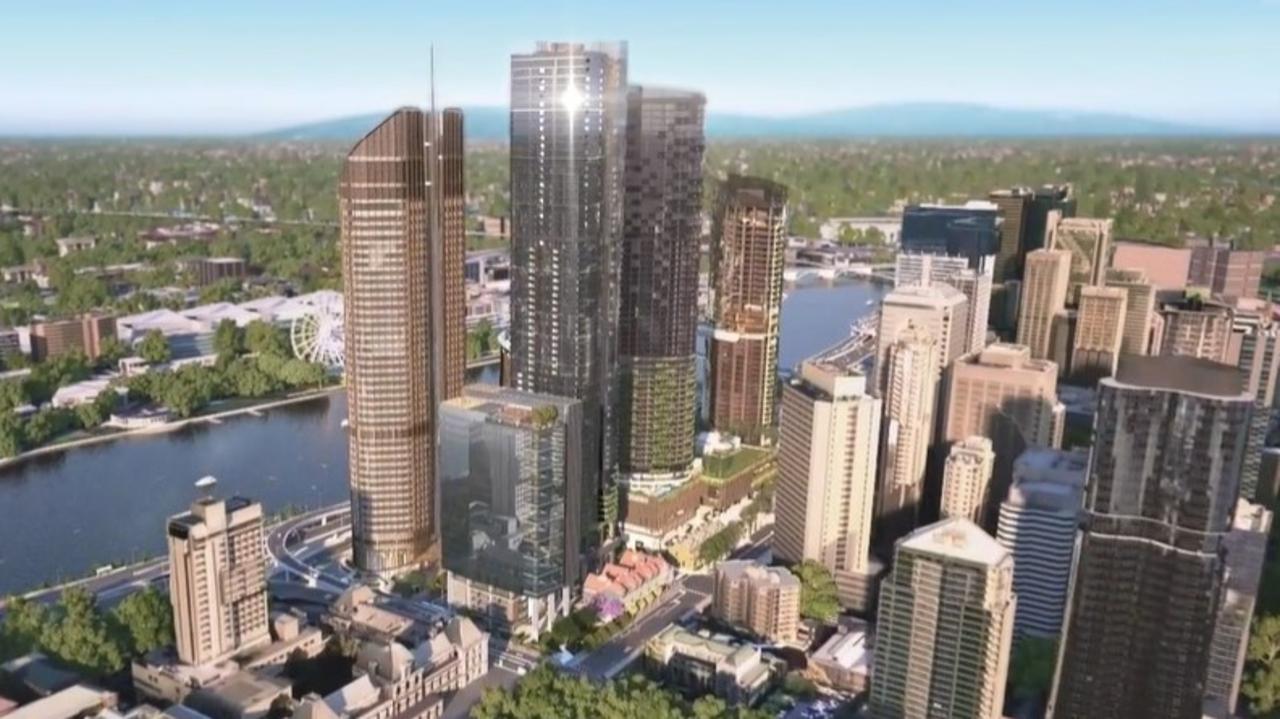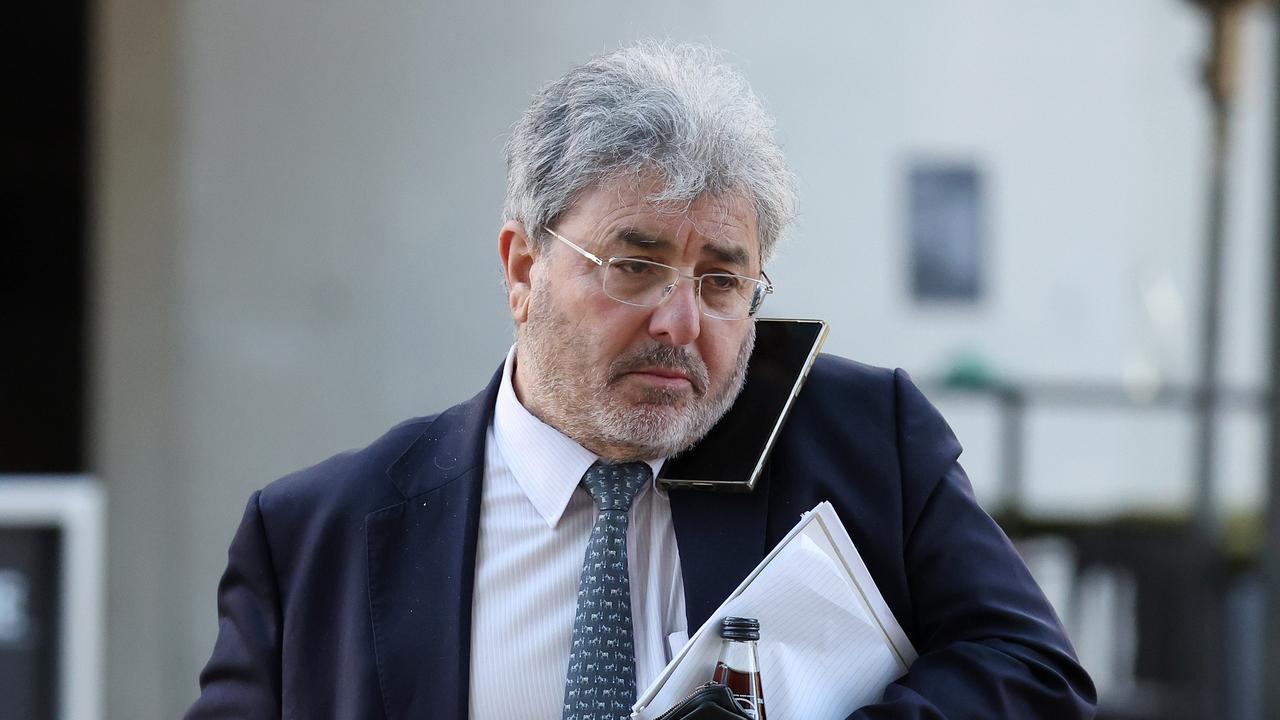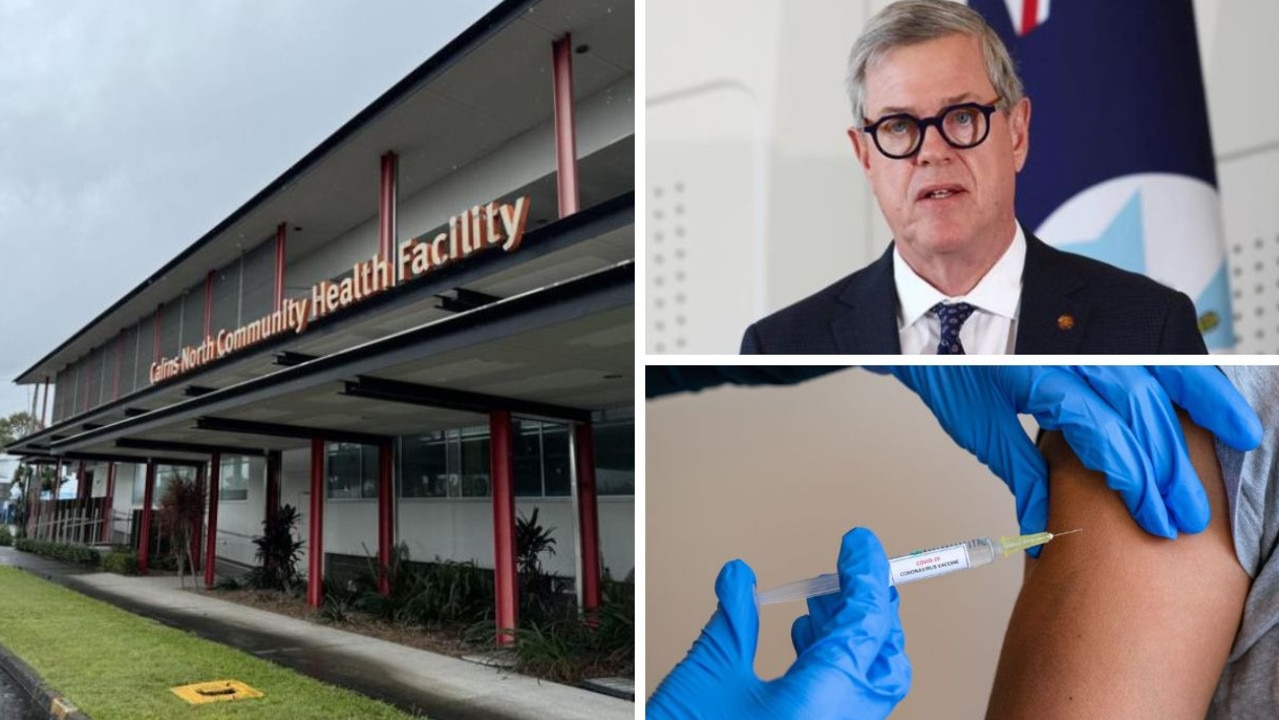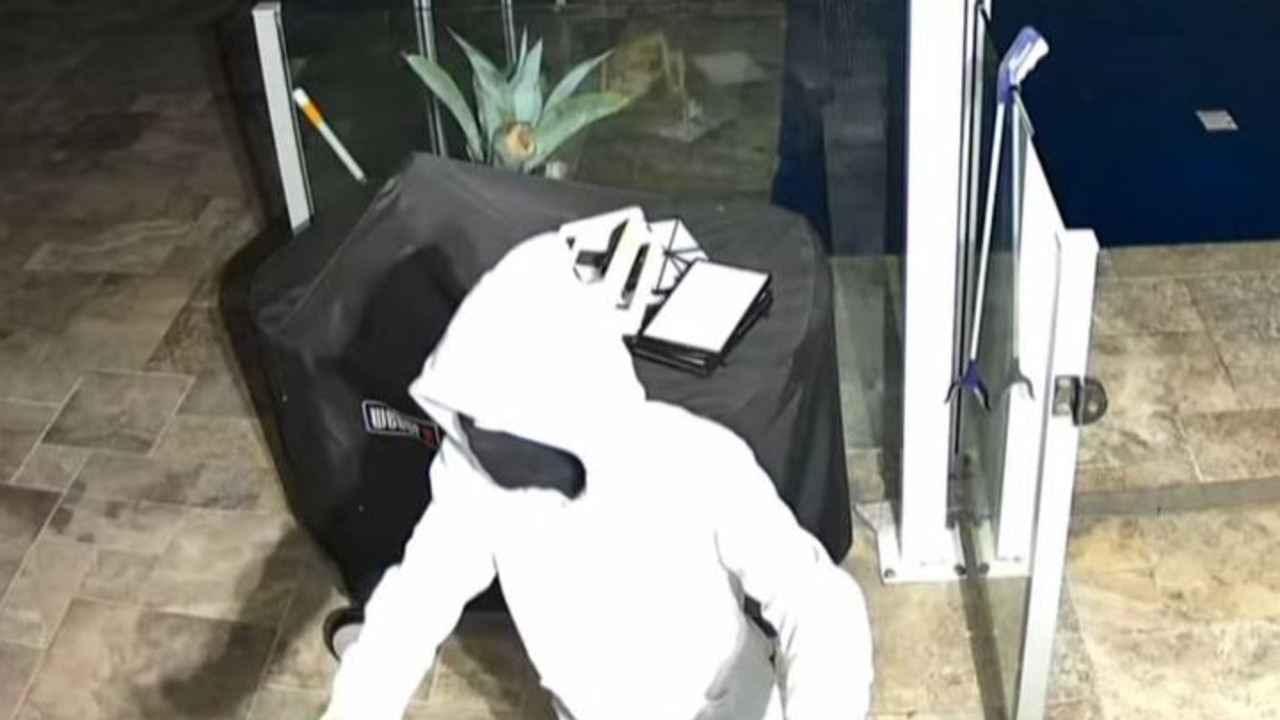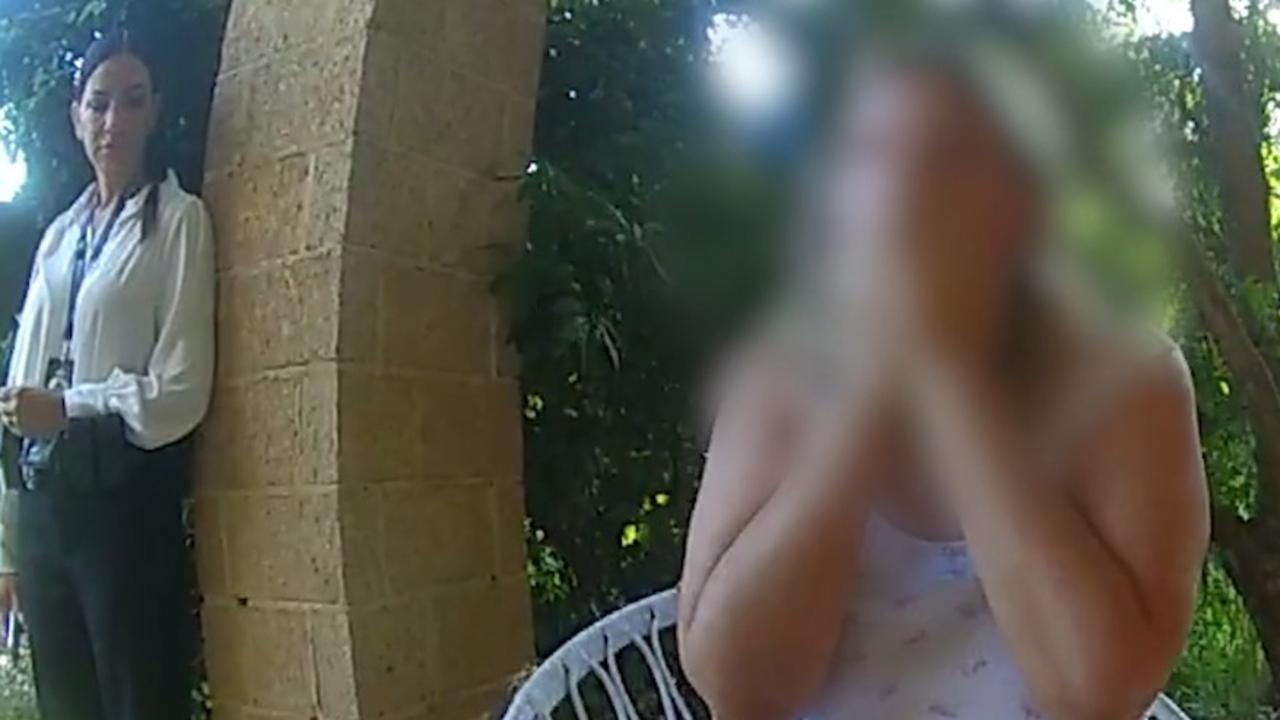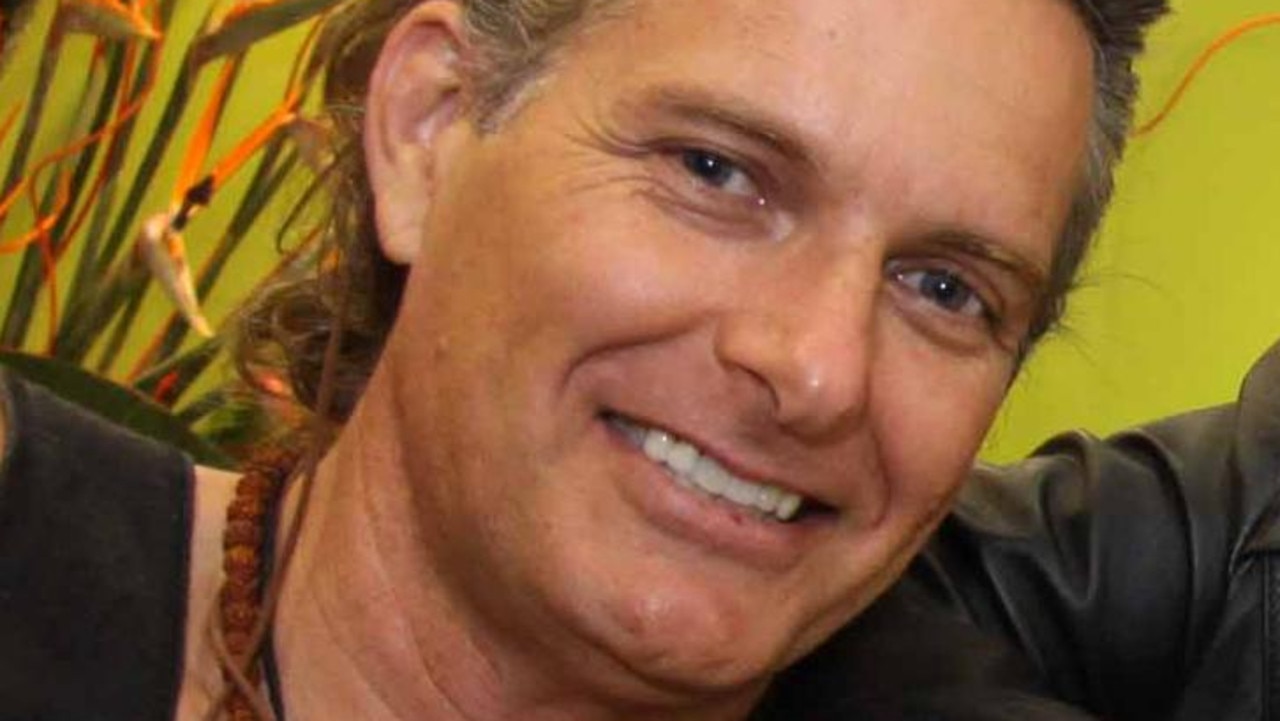GP tax crisis: Spiralling costs sound death knell for Qld clinics
There are now five Queensland towns without GPs and medicos fear even more clinics will close and bulk-billing will disappear as tax “changes” add crippling costs to practices. HOW IT AFFECTS YOU

QLD News
Don't miss out on the headlines from QLD News. Followed categories will be added to My News.
Queenslanders could be forced to pay up to 15 per cent more at the doctor amid dire warnings a government tax will leave even more towns without GPs and be the final nail in the coffin for bulk-billing.
A Sunday Mail special investigation has revealed at least five regional towns are already without a GP and other clinics fear closing as they scramble to work out how to pay the 4.7 per cent tax, despite many running at a loss or on a meagre 5 per cent profit margin.
HAS YOUR TOWN LOST ITS GP OR ARE YOU STRUGGLING TO AFFORD TO SEE A DOCTOR? EMAIL JILL POULSEN AND HAVE YOUR SAY IN THE COMMENTS SECTION BELOW
A new interpretation of the laws that decide which businesses must pay payroll tax has seen some practices slugged with thousands of dollars in bills, and in some cases millions.
Doctors desperate to keep their doors open amid a nationwide GP shortage are pleading with the Queensland government to offer struggling practices an exemption from payroll tax for doctors who are contracted to work at clinics.
An increase in patient fees of up to 15 per cent is realistic, according to doctors, who fear this would have a catastrophic flow-on effect to emergency departments as cost-of-living pressures force Queenslanders to shun local GPs.
Royal Australian College of General Practitioners president Nicole Higgins, a practice owner in Mackay, said she felt “sick in the guts” when she read the new ruling on payroll tax.
“It is imperative that the Queensland government exempt general practice from payroll tax and failure to do this will result in further closures of general practices, it will substantially decrease bulk billing, patients are going to have to pay even bigger gaps and the state health system will be under even more pressure. It’s going to potentially break the system,” she said.
“It’s perilous. General practice was already in difficulty – in Queensland we’ve seen practices close.
“We’ve had a shortage of GPs through rural and regional Queensland. We now have payroll tax to contend with and the impact of payroll tax on general practice in Queensland is going to be devastating.”

The Queensland government has agreed not to apply the tax retrospectively – but clinics fear the impact of the tax going forward.
Very few doctors are employees of a practice in a traditional sense.
They act as contractors who pay a service fee to the practice to use a room and have access to the reception staff, but earn a percentage of what they bill, are responsible for their own super contributions and are not paid holiday or sick pay.
While the issue sounds complex, doctors say the end result is simple: it’s a tax on health care.
The government’s plan to start recouping payroll tax from GP practices – who already pay the tax for ancillary staff such as receptionists and clinic nurses – has been labelled “immoral” by the state’s peak medical groups.
Communities in Mission Beach, Pomona, Bowen, Moura and Baralaba are already without the basic service. Moranbah has been advertising for over a year for a second doctor as the current one is running a solo practice and getting burnt out.
It’s the same in Clermont, where Sarah McLay is the town’s literal lifeline and has been warning for months she will soon have no option but to close. She is the family doctor, midwife, palliative care doctor, surgeon, paediatrician and mental health expert – but reports years of having to dip into her own savings to help cover losses anywhere between $4000 and $17,000 a fortnight.
Ultimately this, coupled with a shortage of doctors, forced her to shift to private billing, passing the costs on to the patients.
She said enforcement of a payroll tax would be another barrier for her to continue to run the practice as the cost of running the clinic would rise.
“You can imagine if we weren’t there, there are so many elderly, frail patients that just I don’t want them driving an hour and a half on a road, some of them don’t have licenses to drive,” Dr McLay said.
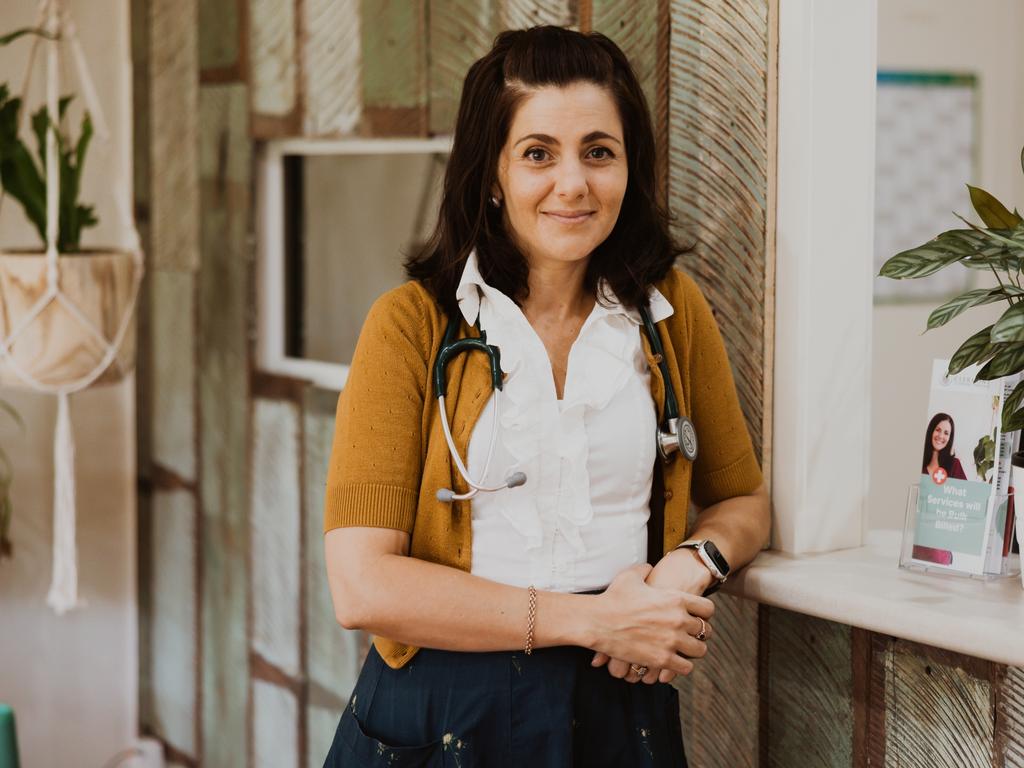
“We don’t even have taxis in our little town. So how on Earth are these people going to get medical care if something as basic as a general practice doesn’t, doesn’t exist? And this is what I have to face, morally and ethically if I walk away, and increasingly I feel that that’s what’s going to have to happen.”
Ravenshoe is also on thin ice as the two doctors also cover Mareeba and Herberton. Julia Creek had to run an international recruitment drive offering $500,000 a year to find a doctor.
Dr Higgins said it made no sense for the federal government to undertake its much needed Medicare reform for states to then turn around and put their hand out for more tax.
A report commissioned by the RACGP in 2020 found unnecessary hospital visits cost around $540 per presentation – every doctor the Sunday Mail spoke to said raising doctors’ fees would without a doubt result in more ramping and overfull emergency departments.
Australian Medical Association Queensland president and Brisbane GP Dr Maria Boulton said she saw the impact the high cost of living was having on patients and was frequently asked which scripts were most important as patients could not afford to fill all of them.
“We have been advocating for this exemption for at least 12 months, this payroll tax will affect the most vulnerable in our community in that it will affect people who more frequently see their GP and that’s the elderly, people with chronic health conditions, people with mental health conditions, mums and kids, and this patient tax will affect them the most,” she said. “It’s really immoral and it’s unbelievable that the state government is single-handedly increasing the cost of visiting your GP by proceeding with this new interpretation of payroll tax.”
When asked if the government would step in, a spokesman for acting Treasurer Stirling Hinchliffe said payroll tax exemptions for particular sectors would only increase the tax burden on other Queenslanders.

“Like other states, Queensland is calling for an overhaul of funding for primary health care,” he said.
“Unlike other states, Queensland’s revenue office does not specifically target GP clinics for payroll tax compliance.”
He said the biggest challenge facing general practice was “a decade of neglected primary health care”.
Michael Clements owns three clinics in the north and said he would have to raise fees by at least 15 per cent.
“There’s already a GST exemption, so the federal government has decided that medical services are essential … and we think that the same should apply from a state tax point of view, we don’t think the state should be seeking to apply a tax to patient care. And this new ruling is essentially doing that very clearly,” he said.
All GPs work long hours due to shortages, but it’s the patients he doesn’t see that worry Dr Clements.
“It breaks my heart that when I set a price that I need to charge to keep (afloat) and … people … call up the phones, talk to my reception and ask for the fees and they say ‘oh sorry I can’t afford them’,” he said.
“That patient may have had a blood pressure that if we got on top of it today it would prevent the first time they may have a heart attack.”
RACGP vice-president and Brisbane GP practice owner Dr Bruce Willett said he was grateful the state government had agreed not to apply the ruling retrospectively and had been upfront about the change. He echoed Dr Clement’s calculation that ’ fees would rise at least 15 per cent.
Despite the Queensland Revenue Office stance, Brisbane practice owner Dr Aron Chambers got a bill before the agreement was reached.
“It means that on … status quo for every $100 that goes through the practice we make about $1,” he said.
WHAT IS THE TAX?
Payroll tax is a state-administered tax with each jurisdiction setting their own rate. Payroll tax applies once wages reach $1.4m. The payroll tax rate in Queensland is set at 4.75% for employers or groups of employers who pay $6.5m or less in taxable wages. It is 4.95% for employers or groups of employers who pay more than $6.5m in wages.
HAS IT APPLIED TO GPs BEFORE?
The laws surrounding which businesses are liable for payroll tax in Queensland have not changed since 2008, but the interpretation has. General practices already pay payroll tax on employees like administration staff, nurses and employed doctors. But most GPs contract to the practice as tenants – and this is now interpreted as an employee relationship, which means the tax applies.
WHAT CHANGED?
Two major legal cases concerning payroll tax – the Optical Super Store case and Thomas and Naaz – generated some concern after setting a precedent for payroll tax to be applied. RACGP acknowledges the Queensland government for its decision not to backdate audits of practices.
But doctors say the Queensland Revenue Office’s public ruling on the tax indicates a significantly more aggressive approach.
WHAT DOES IT MEAN FOR ME?
Doctors say it will force them to raise out-of-pocket fees as the tax is applied to the whole billing amount – including the federally funded Medicare rebate. They say general practices operate on very low profit margins, so extra costs will have to be forwarded on to patients or practices will be forced to close their doors. The decision will cause a rapid drop in bulk billing, increased gaps and less access to after-hours care, doctors claim. This will lead to long waits in emergency rooms, ramping and long waiting lists.
HAS YOUR TOWN LOST ITS GP OR ARE YOU STRUGGLING TO AFFORD TO SEE A DOCTOR? EMAIL JILL POULSEN AND HAVE YOUR SAY IN THE COMMENTS SECTION BELOW
More Coverage
Originally published as GP tax crisis: Spiralling costs sound death knell for Qld clinics



